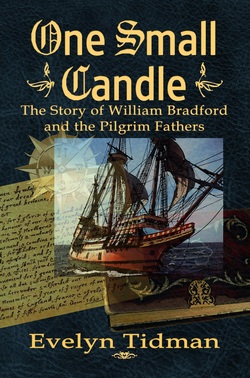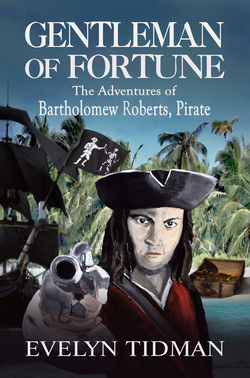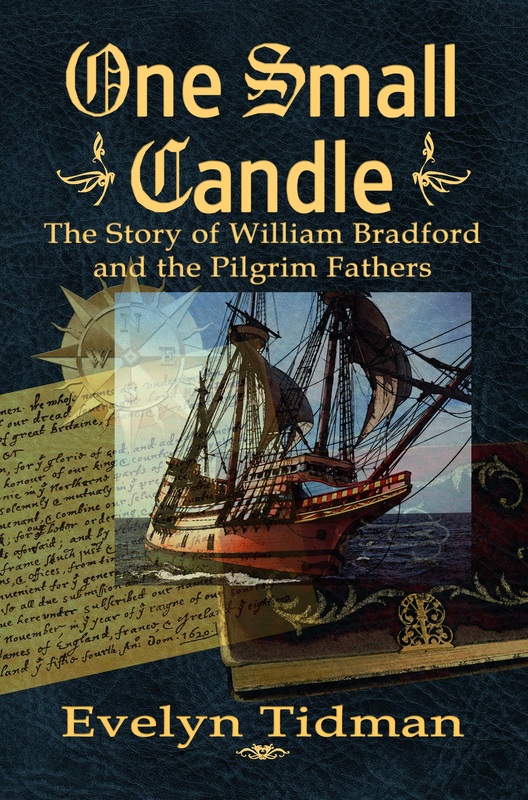
These questions prompted me to research the subject and write a novel based on that research. The book, ONE SMALL CANDLE The Story of William Bradford and the Pilgrim Fathers will be published soon.

However, the best laid plans never come to pass, as they say.
Right from the start they struggled to get a patent to settle in America because of opposition to their faith. The voyage itself was plagued by difficulties and then sickness. But as we all know, a few of the Separatists made it to Plymouth, New England where they began the struggle to build a colony. William Bradford as the governor of that new colony, was their strength and it was he (with God's help, he would have said) who helped them to survive.
Looking for the chief protagonist in the story, one who followed through from beginning to end, William Bradford seemed to me to be the obvious choice. He was young, only thirty in 1620, but also, according to historians, he had a forbidden love story. I'm not giving anything more away about that, but it brought out the human side of the man.
The Separatist colony at Plymouth became the spark that started a nation, the most powerful nation on earth. To sum up, let William Bradford himself have the final say:
Thus out of small beginnings greater things have been produced by his hand that made all things of nothing, and gives being to all things that are; and as one small candle may light a thousand, so the light here kindled hath shone to many, yea in some sort to our whole nation; let the glorious name of Jehovah have all the praise.--William Bradford
 RSS Feed
RSS Feed



